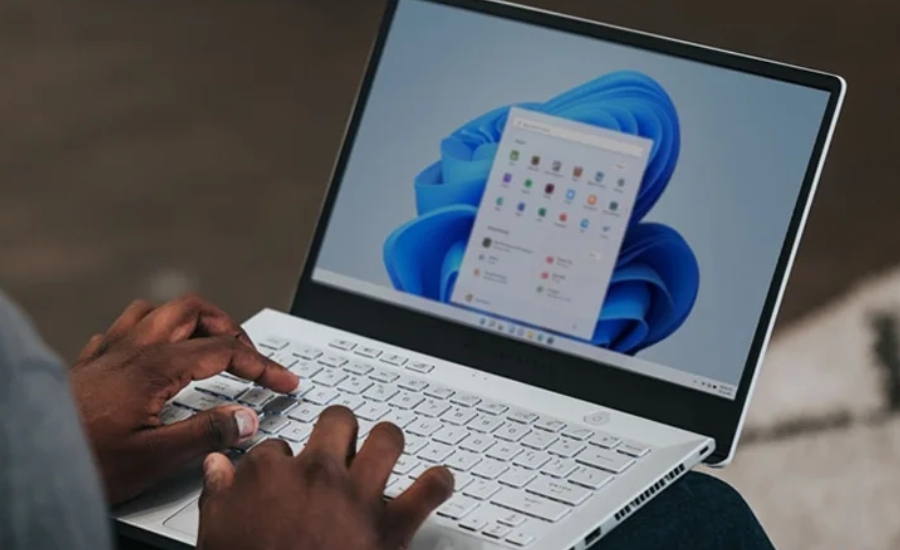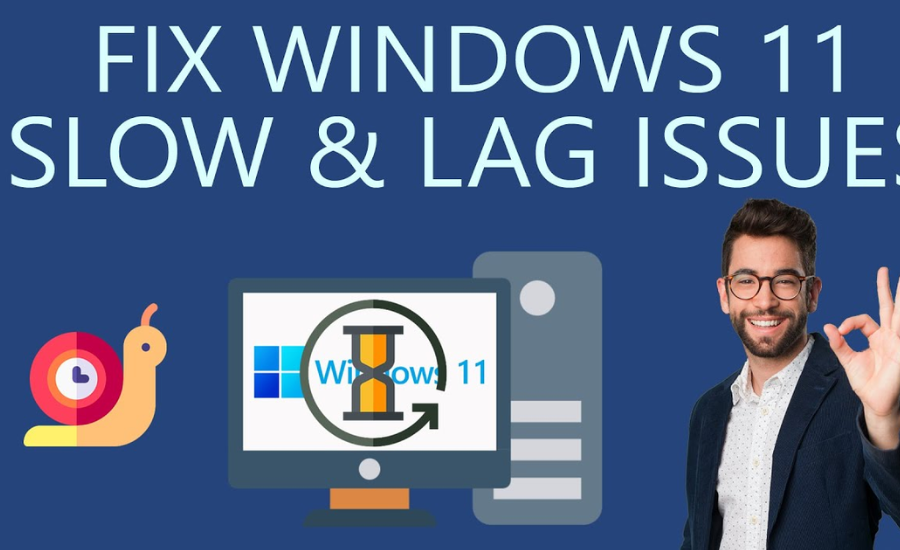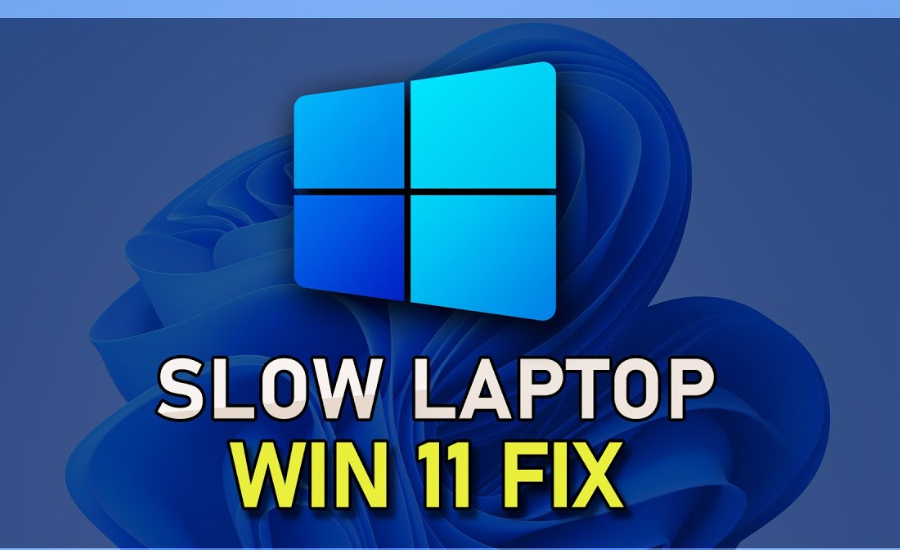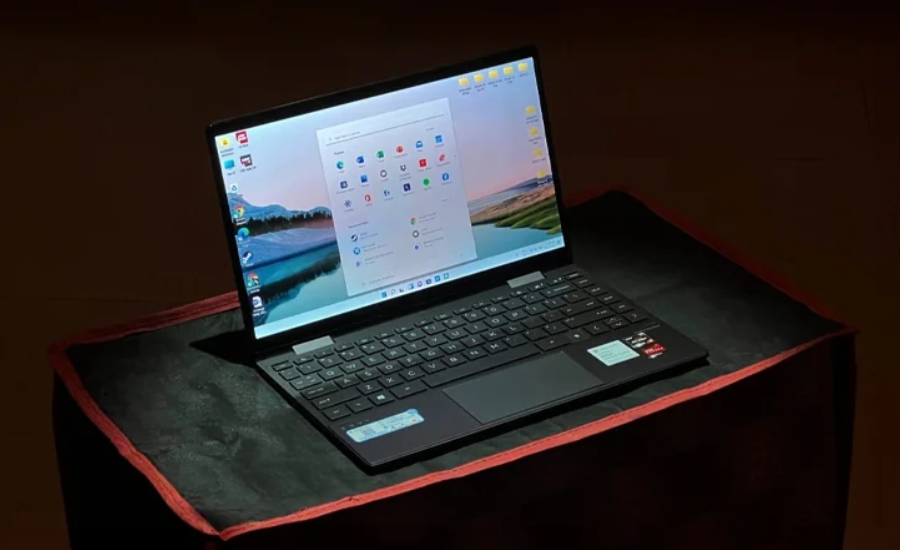Experiencing slow performance with voxplayer slow windows 11 can be a common issue, and it’s one that many users find frustrating when they’re trying to enjoy videos or music. If VoxPlayer isn’t running smoothly on your Windows 11 device, it can disrupt your experience, making playback choppy or unresponsive. Fortunately, there are some straightforward troubleshooting steps you can follow to help improve VoxPlayer’s performance on your computer.
This guide will walk you through practical solutions to address VoxPlayer’s slow performance on Windows 11. We’ll explore methods such as optimizing your computer’s settings, ensuring all software is up-to-date, and making adjustments that can enhance compatibility with Windows 11. By following these steps, you can look forward to a smoother, more enjoyable experience with VoxPlayer on your device.
Why Is VoxPlayer Slow on Windows 11?

Understanding Why VoxPlayer Is Slow on Windows 11
If you find yourself wondering, “Why is voxplayer slow windows 11 running so slowly on Windows 11?” you’re not alone—many users have encountered similar issues. When VoxPlayer doesn’t perform smoothly, it can interrupt your enjoyment of videos or music, making for a frustrating experience. Several factors might be contributing to this slowdown, and identifying them can help you troubleshoot more effectively.
Insufficient System Power or Memory
One common reason for VoxPlayer’s sluggish performance is that your computer may not have enough processing power or available memory to handle it efficiently. This is especially likely if your system is older or if you’re running multiple programs simultaneously, which can strain resources. When memory or processing power is stretched thin, VoxPlayer may start lagging or taking longer to load content, impacting its overall performance.
Outdated Software or Drivers
Another possible culprit is outdated software or drivers. If VoxPlayer itself, or even your system’s drivers, aren’t up-to-date, you may notice issues like lagging, buffering, or freezing. Updating both VoxPlayer and your computer’s drivers can help resolve these compatibility issues and ensure that the software runs smoothly with the latest version of Windows 11. Regular updates often include patches and improvements that boost performance, so keeping everything current is key to avoiding these slowdowns.
How To Check System Requirements For VoxPlayer On Windows 11

Step 1: Check System Requirements for VoxPlayer on Windows 11
If you’re experiencing performance issues with VoxPlayer on Windows 11, the first thing to do is verify whether your computer meets the software’s system requirements. Every program, including VoxPlayer, has specific minimum requirements for hardware and operating system capabilities. If your system falls short of these requirements, it may struggle to run the program smoothly, resulting in lagging, buffering, or freezing. To start troubleshooting, visit the VoxPlayer website to find the recommended specifications for optimal performance on Windows 11.
Compare Requirements with Your System Specs
Once you have the system requirements from the VoxPlayer website, compare them with your computer’s specifications. You can view your system details on Windows by going to “Settings,” selecting “System,” and then clicking on “About.” Check important aspects like available RAM, processor speed, and storage capacity. If your system’s specs are below what VoxPlayer recommends, it might be time to consider upgrading certain hardware components, such as adding more RAM or switching to a faster hard drive. Ensuring that your computer meets or exceeds VoxPlayer’s requirements can significantly improve its performance and prevent the issues you’re currently experiencing.
Updating VoxPlayer To Fix Slow Performance On Windows 11
Update VoxPlayer to Improve Performance on Windows 11
If your VoxPlayer is running slow on Windows 11, updating the software may be the solution. Software updates are designed to fix known bugs, optimize performance, and introduce new features that can help the application run more smoothly. Lagging, buffering, or other performance issues you’re facing may be due to an outdated version of VoxPlayer. By installing the latest version, you can ensure that any glitches have been addressed and that the software is optimized for your system.
How to Check for and Install VoxPlayer Updates
Updating VoxPlayer is a straightforward process. Start by opening the VoxPlayer application, then navigate to the “Help” or “About” section in the main menu. In this section, you should find an option labeled “Check for Updates.” Clicking this will prompt VoxPlayer to search for any available updates. If a newer version is found, follow the on-screen instructions to download and install it. After the update completes, restart VoxPlayer to let the changes take effect. Running the latest version can significantly enhance performance, helping VoxPlayer run faster and more efficiently on your Windows 11 setup.
Optimize Windows 11 For Better VoxPlayer Performance
If you’re experiencing sluggish performance with voxplayer slow windows 11, optimizing your system can make a noticeable difference. Windows 11 comes with various visual effects and features that, while visually appealing, may consume valuable resources. By adjusting these settings, you can help your computer allocate more power to running applications smoothly, including VoxPlayer. Reducing resource-intensive visuals can lead to a more responsive system, especially if your device is older or has limited processing power.
How to Adjust Windows 11 for Optimal Performance
To optimize your settings, start by opening the “Settings” menu on your computer. Next, select “System” and then navigate to “Advanced system settings.” In the new window that opens, look for the “Performance” section and click on “Settings.” Here, you’ll see an option to “Adjust for best performance.” Selecting this option will disable some of Windows 11’s more resource-demanding visual effects, allowing your system to run more efficiently. After making these adjustments, you should notice an improvement in VoxPlayer’s speed and overall responsiveness, as your computer can now dedicate more resources to running applications.
Managing Background Processes To Improve VoxPlayer Speed
Manage Background Processes to Improve VoxPlayer Performance on Windows 11
If VoxPlayer is running slowly on Windows 11, one possible cause could be too many background processes consuming your computer’s memory and CPU resources. Each active application, even if running quietly in the background, can draw on system resources, which leaves less available for programs like VoxPlayer. Reducing the number of unnecessary applications running in the background can help VoxPlayer operate more smoothly.
How to Close Unnecessary Background Programs Using Task Manager
To manage background processes, start by opening Task Manager. You can quickly do this by pressing Ctrl + Shift + Esc. Once open, Task Manager will display all currently running applications and background processes. Take a look at the programs listed under the “Processes” tab and identify any that you don’t need for your current tasks. Right-click on these unnecessary programs and select End Task to close them. By doing this, you’ll free up CPU and memory resources, allowing VoxPlayer to run with improved speed and efficiency.
Adjusting VoxPlayer Settings For Faster Playback on Windows 11
Optimize VoxPlayer Settings for Better Performance on Windows 11
If VoxPlayer is lagging on Windows 11, adjusting its internal settings can often lead to smoother performance. Default settings in VoxPlayer might be configured at high levels that demand significant system resources, which could be challenging for some computers, especially those with older or lower-spec hardware. Tweaking these settings to better suit your system’s capabilities can help reduce playback issues.
How to Adjust Audio Quality and Buffering in VoxPlayer
To get started, open VoxPlayer and navigate to the Preferences or Settings menu. Once there, look for options related to Audio Quality and Buffering. By lowering the audio quality settings, you can reduce the amount of data VoxPlayer needs to process, which can prevent stuttering or lagging during playback. Additionally, adjusting the buffering settings to a higher buffer can reduce interruptions in playback, as it gives VoxPlayer more time to load content. These small adjustments can make a significant difference, helping VoxPlayer run more efficiently on your Windows 11 system.
How To Check For Conflicting Software Affecting VoxPlayer On Windows 11
Identify and Resolve Conflicting Software to Improve VoxPlayer Performance
If you’re experiencing slowdowns with VoxPlayer on Windows 11, conflicting software may be the culprit. Programs like antivirus, firewall, or other security software can sometimes interfere with how VoxPlayer functions, as these applications might restrict certain processes that VoxPlayer relies on. When multiple programs are competing for system resources or limiting VoxPlayer’s capabilities, you’re likely to experience lag and reduced performance.
Whitelist VoxPlayer in Security Software Settings
To address this, check if your antivirus or security software is impacting VoxPlayer’s performance. Many security programs allow you to add trusted applications to a “whitelist” or “exceptions” list, preventing them from being blocked or scanned continuously. By adding VoxPlayer to this list, you ensure it can run without interference, reducing the likelihood of lag. This small adjustment can go a long way toward enhancing VoxPlayer’s efficiency and delivering a smoother experience on your Windows 11 system.
Reinstalling VoxPlayer To Fix Slow Issues On Windows 11
Consider Reinstalling VoxPlayer to Resolve Performance Issues
If you’re finding that VoxPlayer is running slowly on Windows 11, a reinstallation might be the solution. Over time, applications can accumulate corrupted files or incorrect settings that impact their performance. These issues often go unnoticed until they start causing lags or other problems during use. Reinstalling VoxPlayer ensures that you’re starting fresh with the latest software version, free from any hidden glitches that may have developed.
Step-by-Step Guide to Reinstalling VoxPlayer
To begin, uninstall VoxPlayer by navigating to “Settings,” selecting “Apps,” and finding VoxPlayer in the list. Click on it, then choose “Uninstall” to remove the program from your computer. Once that’s complete, go to the official VoxPlayer website to download the newest version. Follow the installation prompts to reinstall it on your system. This clean installation can often resolve persistent performance issues, giving you a smoother, more responsive experience on Windows 11.
Updating Audio Drivers To Solve VoxPlayer Slow Windows 11 Problems
Ensure Audio Drivers are Up-to-Date for Optimal VoxPlayer Performance
One effective way to address sluggish performance in VoxPlayer on Windows 11 is by updating your audio drivers. Outdated or corrupted audio drivers can disrupt sound quality, leading to lag or playback issues that make using VoxPlayer frustrating. Keeping your audio drivers updated ensures that your system is fully compatible with the latest software versions and that VoxPlayer can run as smoothly as possible.
How to Update Audio Drivers in Windows 11
To update your drivers, start by right-clicking the Start menu and selecting “Device Manager” from the options. In the Device Manager window, find the “Sound, video, and game controllers” category, click to expand it, and locate your audio device. Right-click on your audio device, then choose “Update driver.” Follow the prompts to allow Windows to search for and install any available updates. This simple update can often resolve audio playback issues and improve VoxPlayer’s overall performance on your system.
Checking And Updating Windows 11 For Better VoxPlayer Performance
The Importance of Keeping Windows 11 Updated for VoxPlayer
Regularly updating voxplayer slow windows 11 is essential for enhancing the performance of applications like VoxPlayer. Microsoft frequently releases updates that address bugs, improve security, and optimize system performance. By keeping your operating system up to date, you ensure that your computer has the latest features and enhancements that can help applications run more efficiently and effectively.
How to Check for Updates in Windows 11
To check for available updates, navigate to the “Settings” menu on your computer and select “Update & Security.” From there, click on “Check for updates” to see if there are any new updates that you can download and install. Taking the time to install these updates can significantly alleviate slow performance issues you may experience with VoxPlayer, ensuring a smoother and more enjoyable user experience.
How Visual Effects Impact VoxPlayer Performance On Windows 11

The Impact of Visual Effects on VoxPlayer Performance
Visual effects in Windows 11 can enhance the aesthetic appeal of the operating system but may also hinder the performance of applications like VoxPlayer. Features such as animations, transparency, and shadows consume valuable system resources, which can lead to sluggishness when running software. This can be particularly frustrating when you’re trying to enjoy videos or music without interruptions.
Optimizing Visual Effects for Better Performance
To counteract the impact of these visual effects, you can make adjustments that prioritize performance over aesthetics. Navigate to “Settings,” then to “System,” and select “Advanced system settings.” Under the “Performance” section, choose the option to “Adjust for best performance.” This adjustment will minimize the visual effects, allowing VoxPlayer to run more smoothly and efficiently, resulting in a more enjoyable experience when using the application.
Why Closing Unnecessary Applications Helps With VoxPlayer Slow Windows 11
When using voxplayer slow windows 11, having multiple applications running simultaneously can significantly affect its performance. Each open program consumes valuable system resources such as memory and CPU power, leading to frustrating lag and slow response times in VoxPlayer. By effectively managing the applications you have open, you can optimize your computer’s performance and create a smoother experience for audio and video playback.
How to Close Unnecessary Applications
To identify and close unnecessary applications, you can utilize the Task Manager. Simply press Ctrl + Shift + Esc to open it, where you’ll see a list of all currently running applications. Review this list and close any programs that you aren’t using at the moment. This simple action can free up essential memory and processing power, allowing VoxPlayer to operate more efficiently and enhancing your overall media experience.
FAQs For VoxPlayer Slow Windows 11 Issues
Q: Why is VoxPlayer running slow on Windows 11?
A: VoxPlayer may be slow due to insufficient system resources, outdated software, or conflicting background applications.
Q: How can I check if my system meets VoxPlayer’s requirements?
A: Visit the VoxPlayer website for minimum system requirements and compare them with your computer’s specifications.
Q: How do I update VoxPlayer?
A: Open VoxPlayer, go to the “Help” or “About” section, and select “Check for Updates” to install the latest version.
Q: What are some tips for optimizing Windows 11 for better VoxPlayer performance?
A: Adjust visual effects for best performance and manage background processes to free up system resources.
Q: How can I manage background processes affecting VoxPlayer?
A: Press Ctrl + Shift + Esc to open Task Manager and close unnecessary applications running in the background.
Conclusion
If you’re facing slow performance with voxplayer slow windows 11, there are several effective steps you can take to improve its functionality. Start by checking system requirements and updating the software, as well as optimizing Windows settings and managing background processes. If problems continue, consider reinstalling VoxPlayer and updating your audio drivers. Keeping Windows updated is essential for ensuring application stability and efficiency. By implementing these strategies, you can enhance your VoxPlayer experience and enjoy your media without interruptions.
For more news and alerts, make sure to check back with us often: Soy Mami Coco!
